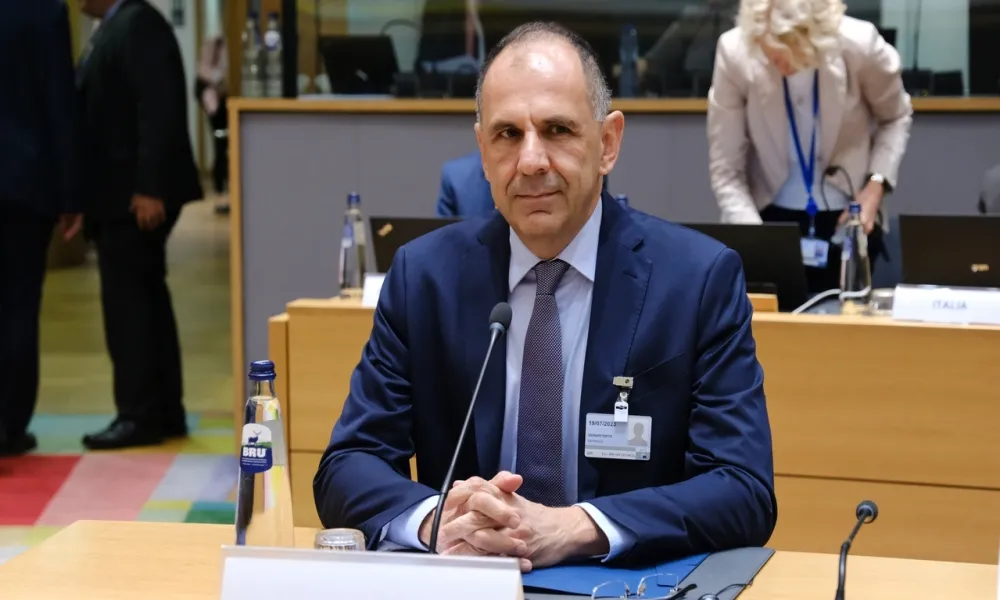Greek Foreign Minister, George Gerapetritis, expressed the view that if a third country obstructs the laying of the electric cable connecting Greece and Cyprus, "there will be consequences."
Speaking on Action 24, Gerapetritis argued that previously the laying "was not stopped because of the Turkish reaction but because it was completed according to plan."
Regarding the timetable for the work, he said that "the exact date has not yet been set, which is something that will have to be done in cooperation with the company; its scope is infinitely greater than any other project, covering a very large area of the Eastern European maritime space, Navtex notices must be issued in sections, so there are a number of issues that need to be resolved." He added that "it will be a decision that will be implemented in the very near future."
In addition, Gerapetritis emphasized that there will be a meeting between the Prime Minister of Greece, Kyriakos Mitsotakis, and the President of Turkey, Recep Tayyip Erdogan, in New York between September 22 and 26, which, as he said, "will not be formal," expressing the expectation that "the existing differences will be mitigated."
European Commission stresses strategic importance
On Tuesday, the European Commission underlined the strategic importance of the Great Sea Interconnector (GSI), the EU project of common European interest that will link the electricity networks of Greece and Cyprus via an undersea cable.
Asked to comment on recent warnings from the Turkish government that it would obstruct the project, Commission energy spokesperson Anna-Kaisa stressed its importance both for European energy policy and for infrastructure in the wider region.
She said the Commission has reminded, at a political level, that the project must move forward given its significance. EU Energy Commissioner Dan Jorgensen has already raised the matter with Turkish officials as well as with those directly involved in the project.
Anna-Kaisa acknowledged that there have indeed been “delays” and “problems” in the project’s implementation, and said the Commission would like to see it completed “as soon as possible.”
The EU has approved a €657 million grant for the GSI through the Connecting Europe Facility (CEF), with a further €100 million provided through the Recovery and Resilience Facility (RRF).
CNA
